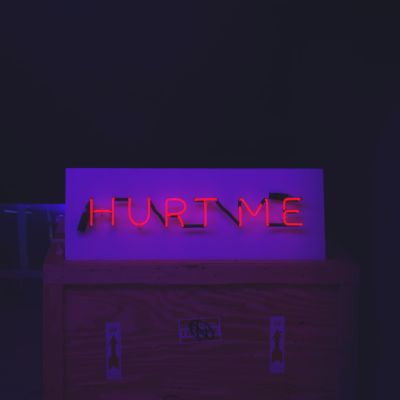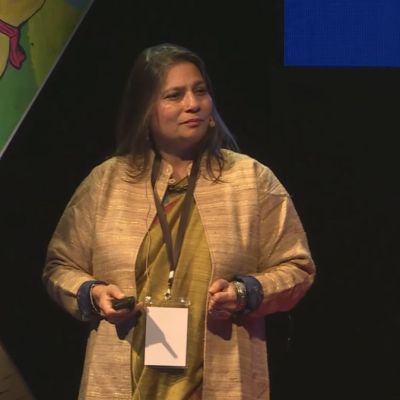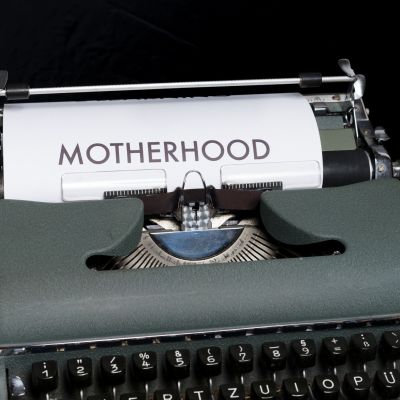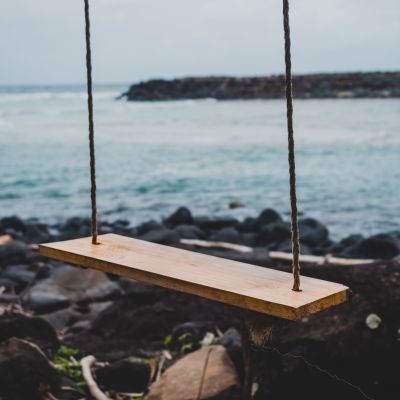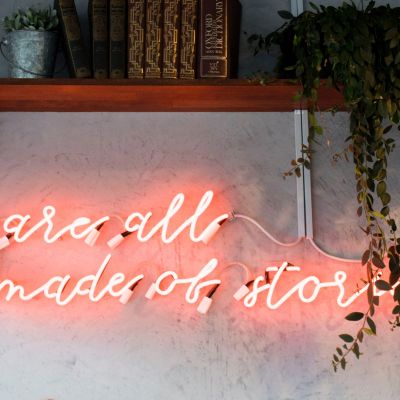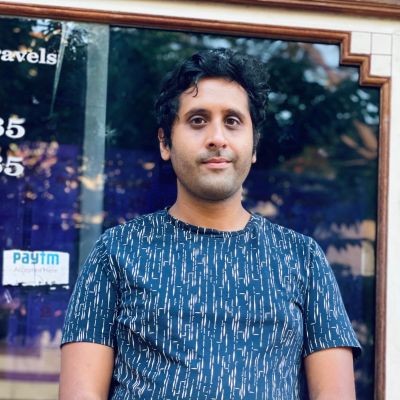narratives
I realise that a lot of men want (and need) to dominate women not because it is mutually pleasurable but because it reinforces patriarchal hierarchies. The taboo around kink, as a larger space of exploration, and BDSM, as a part of it, only furthers the violence, intensifying the apparent mystery of these subjects.
Khusro to Bullah. Ada to Parveen
यह, वह, वो
He, she, they
Lover or Beloved? Woman or Man?
If the workplace looked anything like our world, it would have 50% men and 50% women, 7% would have a college degree, 55% would have access to the internet, and only 70% would have access to a smartphone.
Allred’s story is important because it shows us how an individual used her knowledge, power, and position to challenge the legal system in demanding rights and equality, especially for women and LGBTQ+ people.
The idealisation of motherhood is crucial to our culture; it is important that the mother is self-sacrificing. This sacrificial instinct isn’t limited to women’s behaviour. It goes on to encompass the entirety of her corporeality and the way she performs it.
This awareness of the status ascribed to women – the status of being the objects of men’s desires – affects every aspect of a woman’s life. Desire then, in particular, becomes an aspect of a woman’s life where navigation becomes tricky.
Looking back, it seems strange, almost sad that he couldn’t contain his anxiety, couldn’t bear the shame of what he did wrong. He must have skimmed over so much turmoil, that he couldn’t accept the reality of harming someone.
“Something about this pose brought about a sense of owning my body, my persona, my expression, my sensuality, my whole being. The drop of the hip made the bottom vertebrae curve, and appear out of alignment from the rest of my spine. A deviance, defiance of the normal straight stance. A resistance, a revolt of sorts.”
I see people and places,
Couples and crushes
I hear giggles and whispers.
These are the secrets untold to me.
There are different narratives where lie hidden worlds of codified feelings, justifications, a reason to buy or not buy into injustice, or othering.
I recently watched North Country on Netflix, a movie based on a true story of a woman’s fight for equality at the workplace. It is based on the case, Jenson vs Eveleth Mines, in the United States in which Lois Jenson, fought for the right to work as a miner, and the right to work free of sexual harassment. She won the landmark 1984 lawsuit, which was the first class-action lawsuit on sexual harassment at the workplace in the United States and resulted in companies/organisations having to introduce sexual harassment policies at the workplace.
So I am realising now that for me the space of borderlessness applies to everything. It applies to the physical and topographical border as it does to the borders we create between gender and their expressions. I think I would like to argue for a truly borderless understanding of the world.
Stories hold power. They shape how we understand the world, and if they are stories of distorted facts and falsehoods, they spread unease, discord and hatred. But stories also allow us to imagine other possibilities; they give us hope that we can overcome oppression and injustice.
Drag is more than a form of entertainment or art form or a form of comedic release, it’s the realization of the fun of being queer or having a queer perspective.

